A large natural catastrophe in China would have an even more devastating effect on global supply chains than the 2011 Japan earthquake and tsunami did
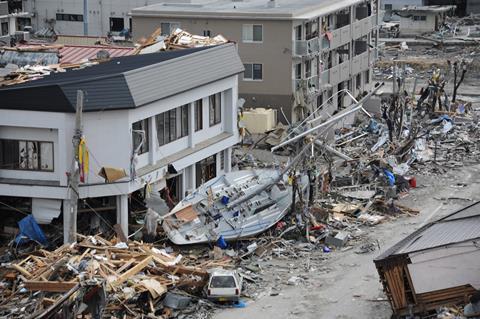
Multinationals with supply connections to China are exposed to significant natural catastrophe threats and this is raising significant concern amongst companies, a FM Global Supply Chain Risk Study revealed.
China plays a critical role in global manufacturing and therefore has an impact on many multinational corporations. At the same time the country is dangerously exposed to earthquakes, windstorms, floods and tsunamis.
To mitigate the danger of a supply chain disruption in China, firms must be more diligent in addressing their exposures in the region, FM Global suggested.
“A secure and resilient supply chain creates a competitive advantage,” says Ken Davey, senior vice president at FM Global. “Delivering products and services when others can’t results in satisfied customers and opportunities to secure new ones. A fragile supply chain is clearly a competitive disadvantage if a disruption occurs.”
The research surveyed 100 executives at multinational corporations. What crystallised from the response was a great reliance on China as part of corporate supply chains for key production lines – a greater dependence than on Japan, where a large scale catastrophe already had a devastating effect on companies this year.
Eighty three percent of respondents consider supply chain disruption a moderate to great risk and 95 % of companies are concerned about natural disaster-related disruptions in China.
Dr. Howard Kunreuther, Professor of Decision Sciences and Public Policy at The Wharton School of the University of Pennsylvania, commented: “The findings in this report point to how interdependent risks can have severe financial consequences in global supply chains. Firms need to undertake proactive measures, such as finding several sources of supply so that they are not dependent on one company that may be adversely affected by a natural disaster. There needs to be a realisation that the process of developing a resilient supply chain takes time.”





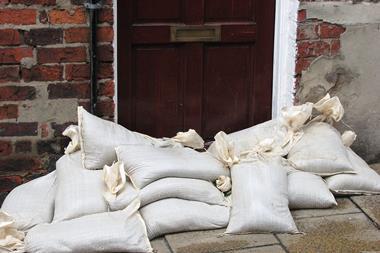
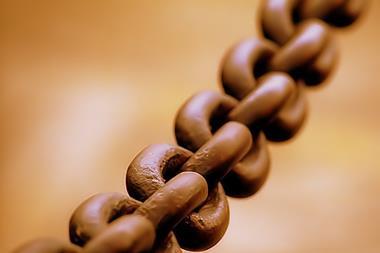

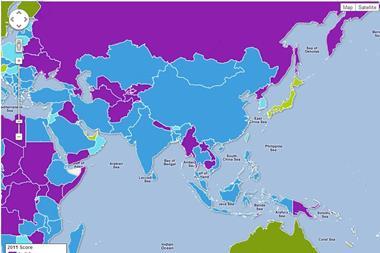
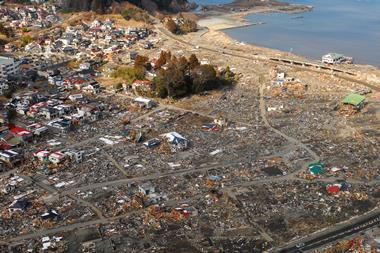
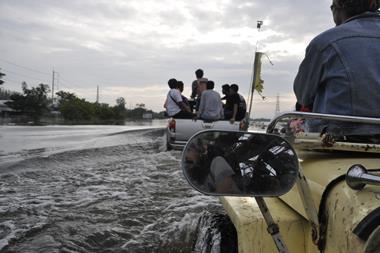









No comments yet